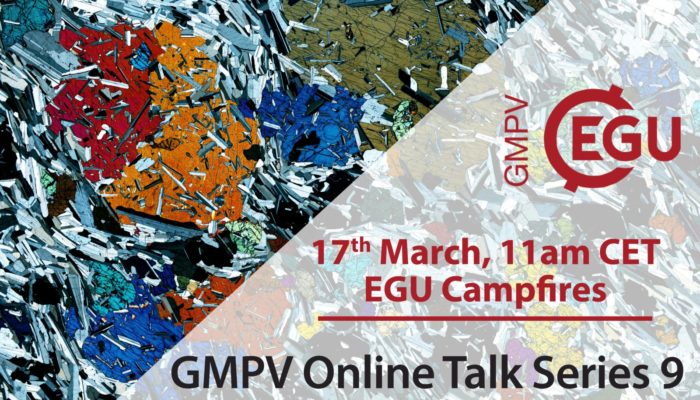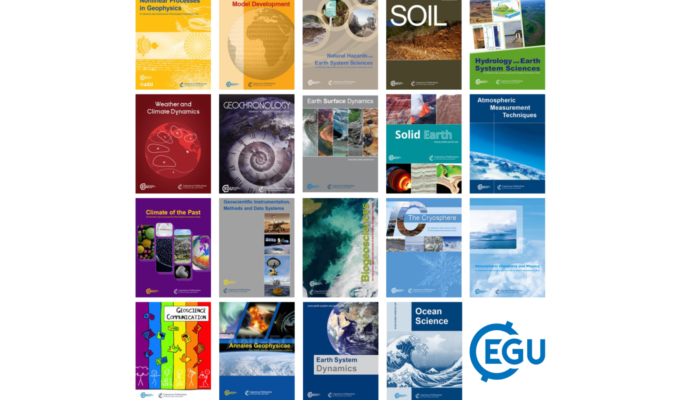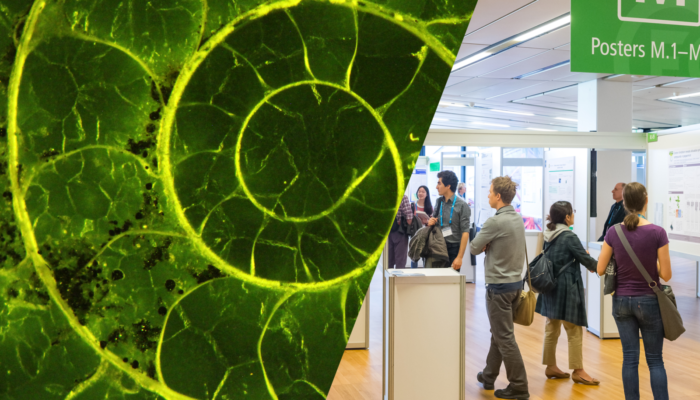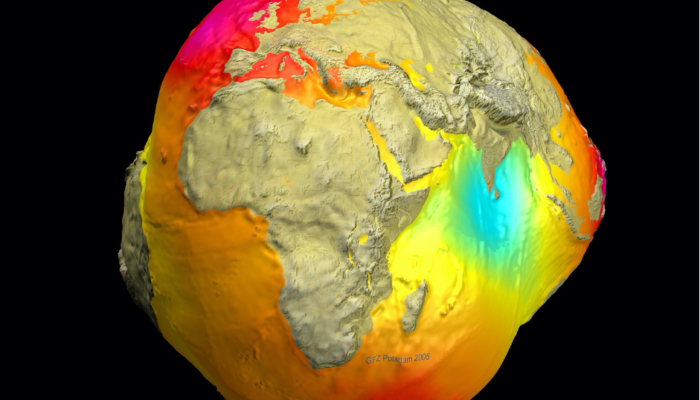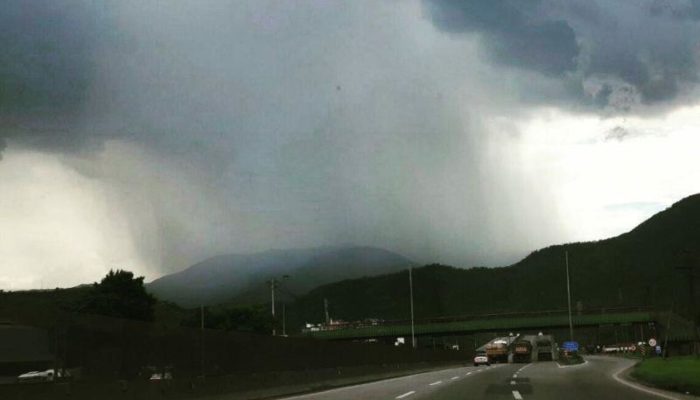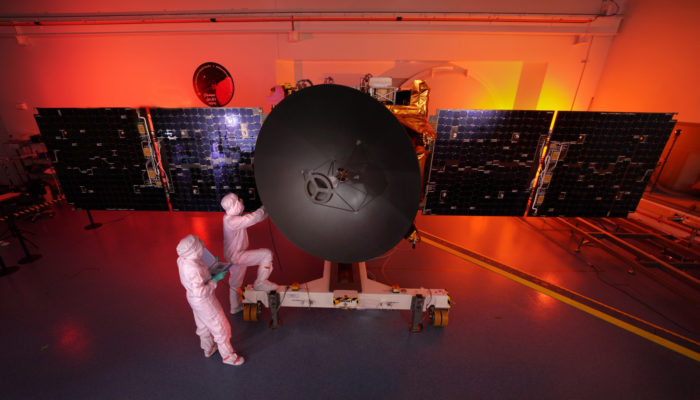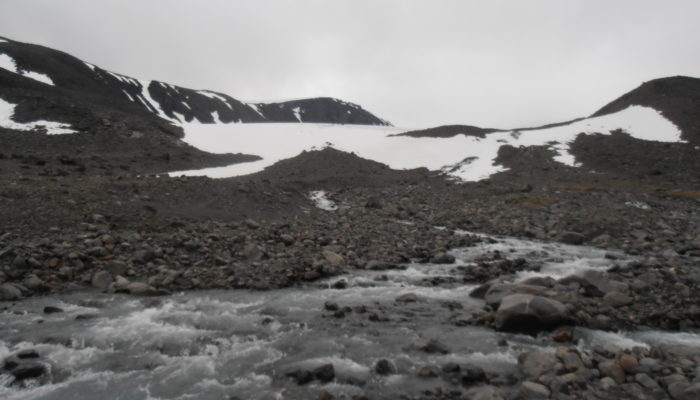After reading last week’s post Ilona asks how to switch research topics to something more impactful during their lifetime: How do I transition from a PhD in mantle convection to a postdoc in satellite geodesy? Dear Ilona, What a moon-shot you are aiming for! But, have no fear, nothing is impossible. Undoubtedly, space is cool. And looking from a distance at our lovely rock spinning and float ...[Read More]
If you didn't find what you was looking for try searching again.
Geochemistry, Mineralogy, Petrology & Volcanology
GMPV ECS online talks! Wednesday 17th March 11am CET
The Geochemistry, Mineralogy, Petrology and Volcanology division’s early career scientists talks (EGU campfires) will return on Wednesday 17th of March at 11am CET! The speakers of the 9th edition are: Tommaso Tacchetto (PhD Student @ Curtin University) – Disorientation control on trace element segregation in fluid-affected low-angle boundaries in olivine Kyra Cutler (PhD Student @ University of O ...[Read More]
GeoLog
GeoRoundup: the highlights of EGU Journals published during February!
Each month we feature specific Divisions of EGU and during the monthly GeoRoundup we will be putting the journals that publish science from those Divisions at the top of the Highlights roundup. For February, the Divisions we are featuring are: Geosciences Instrumentation and Data Systems (GI), Planetary & Solar System Sciences (PS) and Solar-Terrestrial Sciences (ST). They are served by the jo ...[Read More]
GeoLog
vEGU21 to GreenEGU ’22: what can we learn from a fully digital conference?
With EGU’s General Assembly fully virtual again this year, everyone attending will already be saving a huge amount of carbon by not travelling, sometimes across huge distances, to Vienna in Austria. But what about next year, and other future events when we will once again be able to meet in person? Are there things we can adopt from a virtual conference to make our in-person conference exper ...[Read More]
Hydrological Sciences
Open teaching to navigate hydrology: how ready are we?
Around a year ago, I all of a sudden had to find a quick solution to do online teaching. The timing was perfect: start of the semester, start of online teaching, video conference infrastructure unavailable, three kids at home and me, a hydrology teacher who has never produced any kind of video exceeding a 20s cell phone video. Being the kind of person who always has to find a solution, I produced ...[Read More]
Geodynamics
The Indian Ocean Geoid Low at a plume-slab overpass
In this week’s News & Views, Postdoc Elodie Kendall from GFZ Potsdam shares with us recent work on the mantle structures that could explain the Indian Ocean Geoid Low. What is the geoid, what does it look like and what can it tell us about mantle structure? The geoid is a model of the shape of the oceans’ surface if only gravity and Earth’s rotation act ...[Read More]
Natural Hazards
2020: The escalation of extreme rainfall events in Brazil
In summer 2020, extreme rainfall events dumped up to 320 mm of rain in a single day in the Baixada Santista metropolitan region, São Paulo state, breaking Brazil’s record for the biggest rainfall in a single event and demonstrating one of the greatest threats of climate change. The damage caused by the associated landslides led to dozens of fatalities and hundreds of homeless people, as well ...[Read More]
GeoLog
A Mission to Mars
February 2021 is an important month for Martian missions, with three arriving at our planetary neighbour within 10 days. Many people have been following the USA’s NASA Perseverance mission, as they landed the new Perseverance rover, with it’s specially designed Ingenuity helicopter in the Jezero Crater in the last 24 hours. Earlier this month the Chinese mission Tianwen-1 also entered ...[Read More]
Cryospheric Sciences
Subglacial Hydrology For Dummies – Water, water everywhere…
Glaciers are mostly made of water. Sometimes, perhaps more than we’d like, some of that water makes a break for it by melting, the inconstant molecule… It might pootle around on the surface of the glacier a bit and get a lot of remote sensers very excited, but it’s what it does once it gets to the base of the glacier that really matters for the behaviour and flow of the ice. So, in 2000 word ...[Read More]
Geodynamics
The Sassy Scientist – #WriteProperly #NoMoreAcronyms
Nerea cannot get enough of writing papers, reports and proposals. However, actually reading scribbles, especially those jotted down by (under)grad students, leaves her a histrionic gasp. She thus ejaculates: LLSVP or LLVP or LL(S)VP – why must we prolong the acronym wars? Aupa Nerea, The Americans. No doubt. It has got to be them. Just like so many things, they’ve ruined that beloved English ...[Read More]


